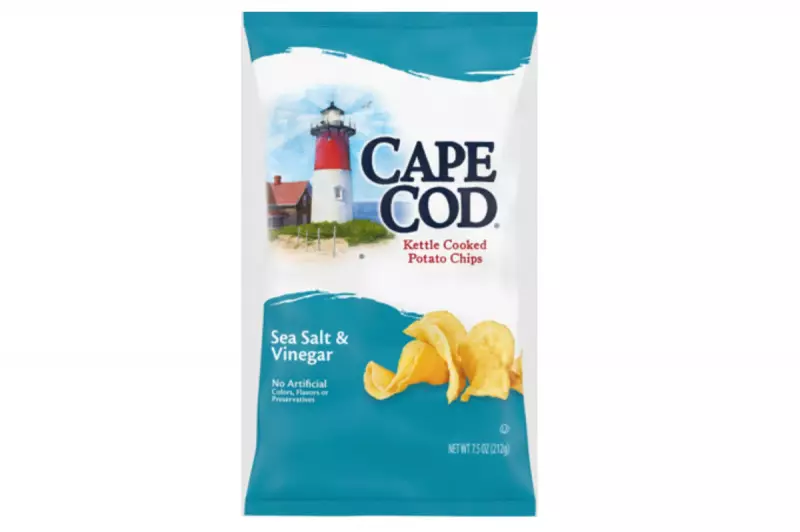
Cape Cod Potato Chips Accused of Misleading Consumers
A significant class action lawsuit has been filed against the makers of Cape Cod potato chips, alleging the popular snack brand falsely markets its products as containing no artificial colours, flavours, or preservatives. The legal action, lodged in a New York federal court on 23 October, represents a challenge to the brand's wholesome image.
The Core of the Legal Complaint
The suit was brought forward by shopper Rozaliya Ripa, who states she purchased the kettle-cooked chips on multiple occasions, including during a specific trip to a Brooklyn Stop & Shop store in August. The legal documents claim that had Ripa been aware the marketing was potentially misleading, she would not have bought the products or would have expected to pay a lower price.
Central to the lawsuit is the allegation that the chips contain citric acid. The complaint argues this ingredient is no longer commercially available in its natural form for food production. Instead, it is claimed to be made synthetically using industrial chemicals and a mould-based process, which would class it as an artificial substance contrary to the product's labelling.
Company Response and Legal History
Campbell's Company, which has owned the Cape Cod brand since 2018, has declined to comment on the specifics of the ongoing litigation. In a communication, the company defended its product, stating, "Cape Cod chips are made with high quality, carefully selected ingredients."
This is not the first legal challenge the snack manufacturer has faced this year. The company was hit with a similar lawsuit in July, indicating a pattern of scrutiny regarding its marketing practices. An initial conference for this new case is scheduled for December.
Brand Legacy and Market Context
Founded in 1980 in Hyannis, Massachusetts, where its products are still made today, Cape Cod has cultivated a reputation as a premium, American-made snack. A MarketBeat survey this year even found them to be the most beloved American-made product in their home state.
This legal action arrives amidst a broader trend of growing consumer health consciousness. In a related industry note, Del Monte Foods, a 139-year-old company, filed for bankruptcy protection in July, with its CEO citing a need to adapt and create a "stronger and enduring" business.





